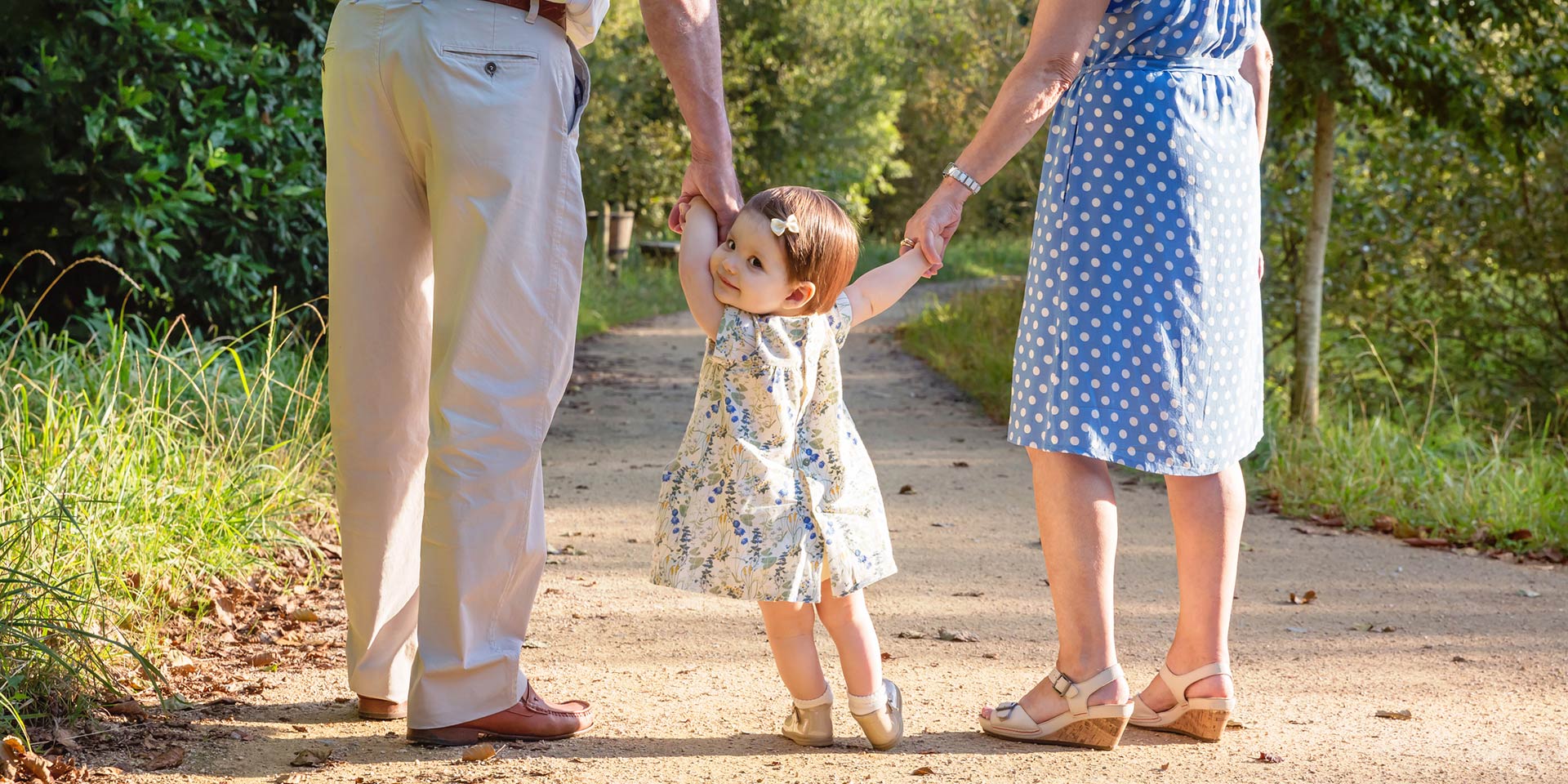Grandparents who play an active role in the lives of their grandchildren enjoy a range of health and well-being benefits—including, according to research, a longer and happier life.
“There’s no place like home—except Grandma’s,” goes a popular saying of unknown origin, perhaps because it expresses a sentiment so universally felt by those who spent their childhood wrapped in the warm, watchful care of their grandparents.
Like a softer version of parents wrapped in older bodies, grandparents leave an imprint on our lives—especially in our earliest years—strong enough to echo for decades, whether in cherished memories or faded recollections decades after they are gone. For some grandchildren, those bonds even inspired the creation of unforgettable literary characters.
Who could forget Ștefănescu Delavrancea’s white-haired grandfather, whose gentle, comforting eyes remained unchanged despite his years? Or the fierce grandmother in Ionel Teodoreanu’s writing, with her piercing gaze and stinging slap, in whose home the grandchildren felt like “kites torn from the sky and locked in a cupboard”? And then there’s Creangă’s wise, book-loving grandfather, and the “excessively kind” grandmother who avoided meat and mourned every soul in the graveyard with equal passion.
But grandparenting offers more than a lasting legacy in family lore. It also brings a host of health benefits—many of which grandparents themselves may be unaware of, but which have been consistently highlighted in research studies. These positive effects are especially evident among grandparents who are regularly involved in their grandchildren’s lives—though not as full-time caregivers.
Good news for devoted grandparents
A 2014 study by Spanish researchers found that grandparents who are actively involved in their grandchildren’s lives score higher on verbal fluency tests—though no statistically significant differences were observed on other cognitive measures. The study concluded that cognitive stimulation is among the benefits of non-material intergenerational exchange.
In 2015, the German Centre of Gerontology in Berlin conducted research indicating that relationships with grandchildren enhance older adults’ overall sense of well-being. Participants reported greater life satisfaction, stronger positive emotions, and reduced feelings of loneliness.
Conversely, losing contact with grandchildren—due to parental separation, divorce, or relocation—can negatively impact grandparents’ emotional health. This was the finding of a longitudinal study that tracked depressive symptoms in grandparents over a 15-year period. Compared to grandparents who maintained regular contact with their grandchildren, those who experienced an unexpected separation showed a noticeable increase in depressive symptoms during the first three years of the separation. However, their emotional state tended to stabilise after that period.
Australian researchers found that postmenopausal women who regularly care for their grandchildren face a lower risk of developing Alzheimer’s disease and other cognitive disorders than those who lack close intergenerational relationships.
Even something as simple as hugging grandchildren can boost a grandparent’s immune system—as well as the child’s—according to physician Kristine Arthur. “When people are exposed to more touch, they often have a decrease in inflammatory cells and an increase in white blood cells, the fighter cells,” Arthur says.
It’s not just white blood cell counts that rise with regular hugs from grandchildren. A study from the University of Virginia found that oxytocin levels—often called the “love hormone”—also increase.
Gerontologist Walter Nieri links physical contact between grandparents and grandchildren to reduced stress levels—a process that, in turn, slows the shortening of telomeres, DNA segments considered key indicators of biological age. As a result, aging itself may be delayed.
To this list of physical and psychological benefits associated with grandparent–grandchild interaction, researchers have added another significant advantage: not only are grandparents healthier when they’re actively involved in their grandchildren’s lives, but they also tend to live longer.
More visits, longer life
Grandparents who see their grandchildren frequently appear to live longer, according to a study that followed 500 seniors over the age of 70 for two decades.
Older adults who occasionally helped care for their grandchildren had a 37% lower risk of death compared to those who offered no caregiving support. Notably, the study did not focus on grandparents with full-time custody of grandchildren—a separate category associated with negative health effects—but rather on those who participated in caregiving occasionally.
Interestingly, the same longevity benefits were observed even among seniors without biological grandchildren, as long as they were actively helping another adult with child-rearing.
While the exact mechanisms behind this life-extending effect remain unclear, researchers suggest that the physical activity involved in caring for a child may play a role. Or it may be linked to stress reduction brought about by these interactions, says gerontologist Ronan Factora, who points out that high stress levels are associated with increased mortality.
The fact that longevity benefits extend even to older adults caring for non-relatives carries meaningful implications for modern society. Fertility rates in Europe have dropped significantly—from an average of 2.3 children per woman in 1970 to just 1.6 in 2013, well below the replacement level. Combined with longer life expectancies and growing geographic mobility, this means a rising number of older adults may not have grandchildren of their own—or not nearby—but could still be willing and able to care for children in their communities.
Maternal grandparents hold an advantage
When it comes to relationships between grandparents and their biological grandchildren, several factors influence the quality of those connections—from health status to geographic proximity. But one of the most decisive elements, research shows, is the relationship between the grandparents and the child’s parents.
Typically, there is a “matrilineal advantage,” as researchers describe it: daughters tend to maintain closer ties with their own parents than with their in-laws, which often leads to stronger bonds between maternal grandparents and grandchildren.
“The mother-daughter dyads engage in more frequent phone contact, more emotional support and advice,” says Karen Fingerman, professor of human development and family sciences at the University of Texas.
Not only do women tend to take on more of the responsibility for organising visits, phone calls, and vacations—effectively shaping the family’s social dynamics—but when it comes to the mother-daughter pair, there are two women actively working on the same relationship, sociologist and gerontologist Jan Mutchler says.
Susan, a nurse and grandmother of two—one from her son and one from her daughter—confirms the pattern. She says she sees her daughter’s child much more often, enjoys a warmer relationship with that grandchild, and can offer parenting advice without tension.
California psychiatrist Arthur Kornhaber believes these differences stem from the basic structure of human nature. “The bond between a woman and her mother is unique. This is the way humans are,” he says. Kornhaber also views the family as a pyramid, with multiple layers of love that support the next generation—grandparents playing a critical role in the stability of that foundation.
That’s reason enough for adults to cultivate their relationships as harmoniously as possible, laying down a solid base for the steps of the generation to come.
After all, as the saying goes, “grandparents hold our hands for just a little while, but our hearts forever.”



















